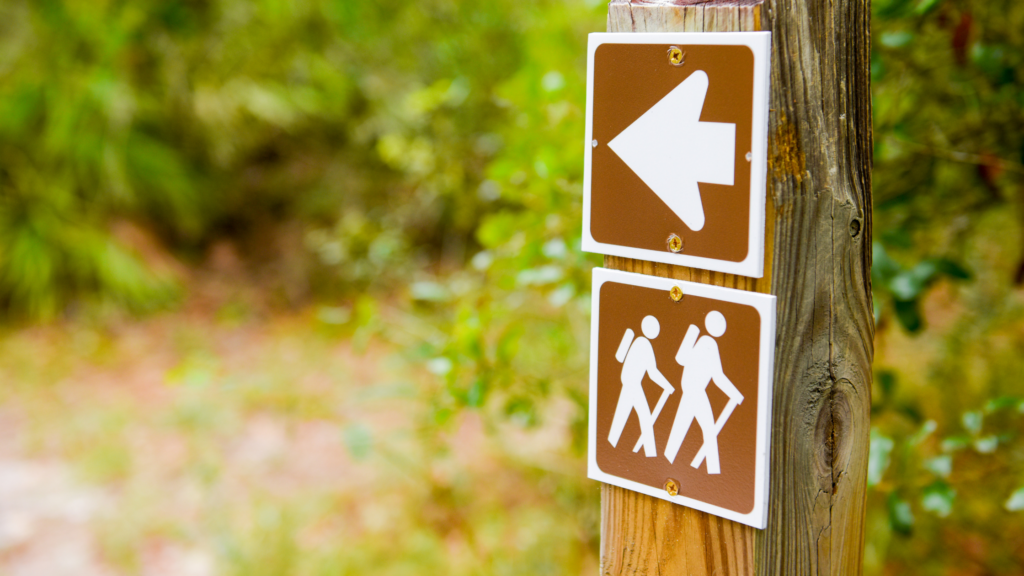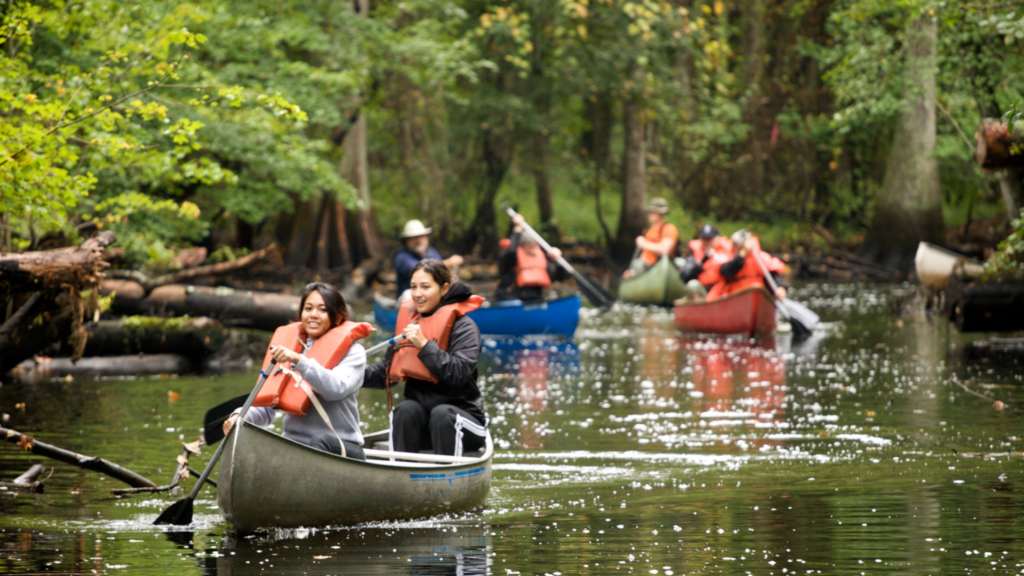 When parishes that use an academic, school calendar model for evangelizing and catechizing seekers, it can be difficult to imagine any other way of doing things. Some common objections for expanding to an ongoing process include:
When parishes that use an academic, school calendar model for evangelizing and catechizing seekers, it can be difficult to imagine any other way of doing things. Some common objections for expanding to an ongoing process include:
- We have limited resources
- The rest of the world is organized around a school-year schedule
- It’s just easier
- The seekers won’t stick with a longer program
- Seekers will find a different parish if we ask too much of them
- A longer program will spread the team too thin
- The year-round model is an unrealistic ideal
These objections all flow from a misunderstanding of what an ongoing formation process really asks of parishes. Catechumenate formation is not primarily a religious education course. It is primarily a liturgical encounter with the risen Christ.
Why you should prioritize the Liturgy for your RCIA catechesis
Liturgy, the Directory for Catechesis reminds us, is the privileged place of catechesis. That doesn’t mean that we schedule teaching Masses and post-communion “three-minute catechesis” talks. It means that we offer praise and worship to God in such a way that it converts the hearts of seekers to a way of faith.
When the liturgy sends us forth to glorify God by our lives, we are being sent to do these things:
- Constantly proclaim the kerygma
- Constantly teach (in the way Jesus taught) about God’s saving love
- Constantly extend God’s mercy
- Constantly offer praise and worship to God
- Constantly go out to the peripheries
- Constantly apprentice seekers in a life of Christian discipline
These are not classroom activities. These are not actions that are dependent upon the size or resources of a parish. These are not works that have a start date and end date. All of these things are the normal, sacramental way of life for Christians.
When an outsider notices us Christians in the world and wants to know more about why we live the way we do, say thing things we say, love the way we love, our only response can be, “Come and see.” It cannot be, “Come back in September.”
What are we really asking of our RCIA teams?
Sometimes we fear that our two- or three-person RCIA team is not up to the task of running a year-round RCIA. What we have to grasp is that nowhere does the church ask us to run an RCIA program. We are called to live a sacramental life — an apostolic life. The entire parish is responsible for living as the apostles did. The entire parish is responsible for welcoming the seekers into their conversations, their homes, and their lives.
Seekers will learn to live like apostles by imitating the Christian community. As Christians, the liturgy teaches us to:
- make gestures of reconciliation
- show concern for the poor
- exercise and defend justice and right (cf. Am 5:24; Isa 1:17),
- admit our faults to one another
- fraternally correct one another
- examine our conscience
- seek spiritual direction
- accept suffering
- endure persecution for the sake of righteousness
- take up our cross each day (see Catechism of the Catholic Church, 1436-1437)
The job of the RCIA team is mostly to act as matchmaker, coach, and cheerleader. We facilitate the integration of the seeker into the lives of our parishioners, and we inspire and encourage our parishioners to act more “Catholic” around the seekers.
The place we are most Catholic and most apostolic is in the liturgy. So we will accompany our seekers in the celebration of the mystery of Christ throughout the liturgical year. They will learn to live as sacramental people by having their hearts transformed by God’s saving word and learning to offer their lives in thanksgiving in response to God’s great love.
What an ongoing RCIA is, really, is the daily life of the Christian community.
Your Turn
Does your liturgy inspire everyone to celebrate the mystery of Christ in their daily lives? Does it say, “Come and see” or “Come back later”? Share your thoughts in the comments below.

















